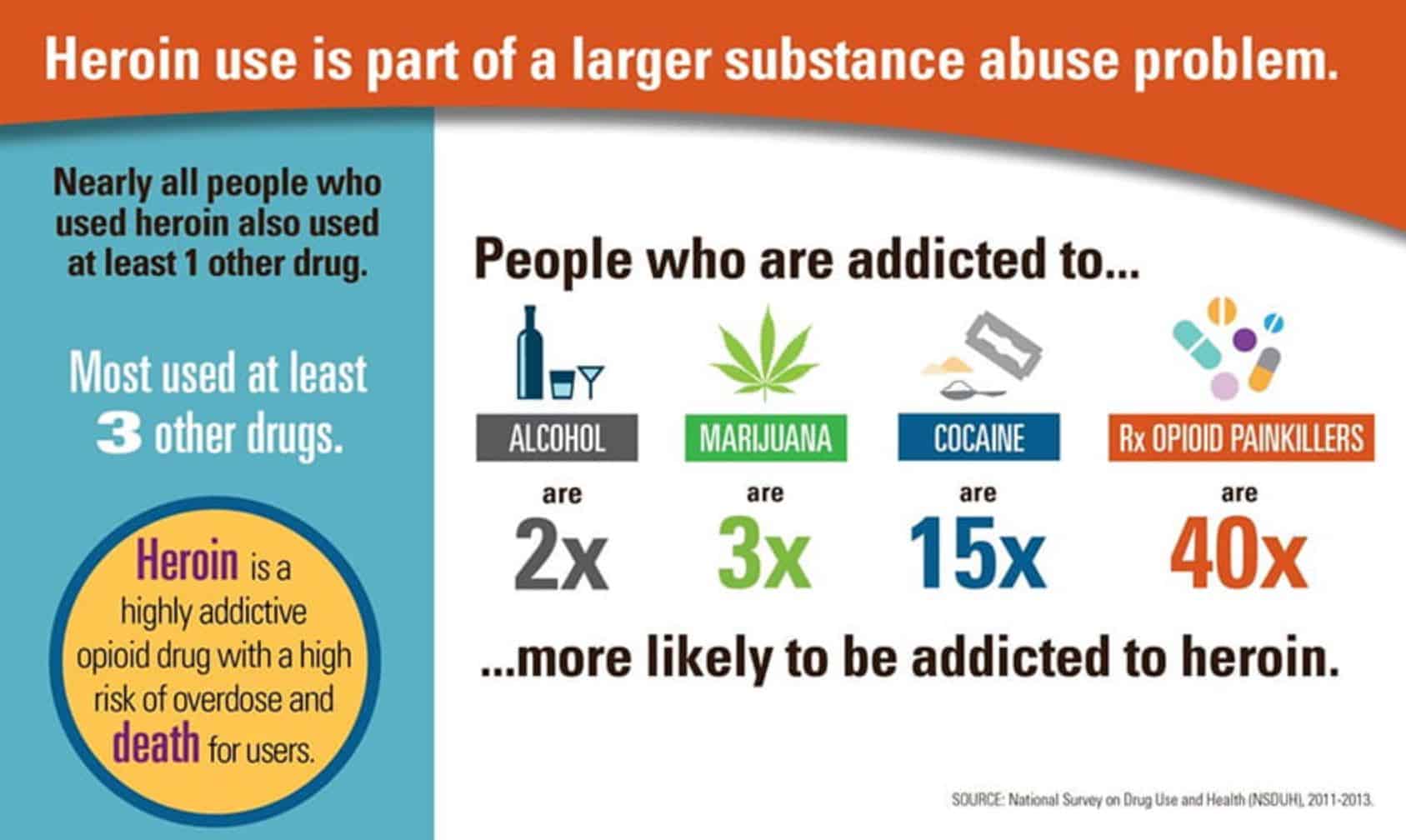
Heroin Abuse Treatment Programs
Looking for a Heroin Abuse treatment program? You came to the right place. As an expert in the drug and alcohol field, I have seen firsthand the devastating effects of heroin abuse on individuals and their families. Heroin is a highly addictive drug that can quickly lead to physical and psychological dependence, making it challenging for users to quit on their own. Fortunately, there are effective treatment programs available for those struggling with heroin addiction.
What types of Heroin Abuse Treatment Programs Exist?
Heroin abuse treatment programs typically involve a combination of medication-assisted treatment, behavioral therapy, and support from addiction specialists. These programs are designed to help individuals detox safely from heroin and provide them with the tools and skills they need to stay clean and sober in the long term.
Medication-Assisted Treatment (MAT)
One example of an effective heroin abuse treatment program is Medication-Assisted Treatment (MAT). MAT uses medications like methadone, buprenorphine, and naltrexone to help individuals manage withdrawal symptoms and reduce drug cravings. According to the National Institute on Drug Abuse (NIDA), MAT is one of the most effective treatment options for opioid addiction.
Cognitive Behavioral Therapy (CBT)
Another effective treatment program is Cognitive Behavioral Therapy (CBT). CBT helps individuals identify negative thoughts and behaviors that contribute to their drug use and teaches them how to replace these with positive, healthy habits. CBT has been shown to be effective in reducing drug use and preventing relapse.
Motivational Interviewing (MI)
Motivational interviewing is another technique used in heroin abuse treatment programs. This therapy approach helps individuals identify and overcome ambivalence and resistance to change by increasing their motivation to quit using heroin. The goal of motivational interviewing is to increase the likelihood that individuals will stick with the treatment program and achieve long-term sobriety.
What Can Families Do to Support Recovery for Their Loved One?
For families who have loved ones who suffer from heroin addiction, it is essential to remember that addiction is a disease, and seeking help is a sign of strength. While it can be challenging to watch a loved one struggle with addiction, there are ways to support them throughout their journey to recovery.
One piece of advice I would give to families is to educate themselves on the disease of addiction and the treatment options available. This can help them understand what their loved one is going through and provide them with the tools they need to offer support and encouragement.
I would also encourage families to seek out support for themselves, as dealing with a loved one’s addiction can be overwhelming and emotionally draining. Support groups like Al-Anon or Nar-Anon can provide a safe space for families to share their experiences and find comfort and guidance from others who have gone through similar situations.
In conclusion, heroin abuse treatment programs can be incredibly effective in helping individuals overcome addiction and achieve long-term sobriety. With the right combination of medication, therapy, and support, individuals can break free from the cycle of addiction and live healthy, fulfilling lives. For families, it is essential to educate themselves and seek out support as they navigate their loved one’s journey to recovery. As motivational speaker Zig Ziglar once said, “The first step in solving a problem is to recognize that it does exist.” Recognizing the problem of heroin addiction and seeking help is the first step toward a brighter future.
If you or a loved one is looking for a Heroin Abuse Treatment Program don’t hesitate to call the professionals of Pennsylvania Recovery Center at 610-233-4342 or email: admissions@parecoverycenter.com
Does My Insurance Cover Heroin Abuse Treatment Programs?
Our verification of benefits experts will do a free confidential assessment. Click Here

